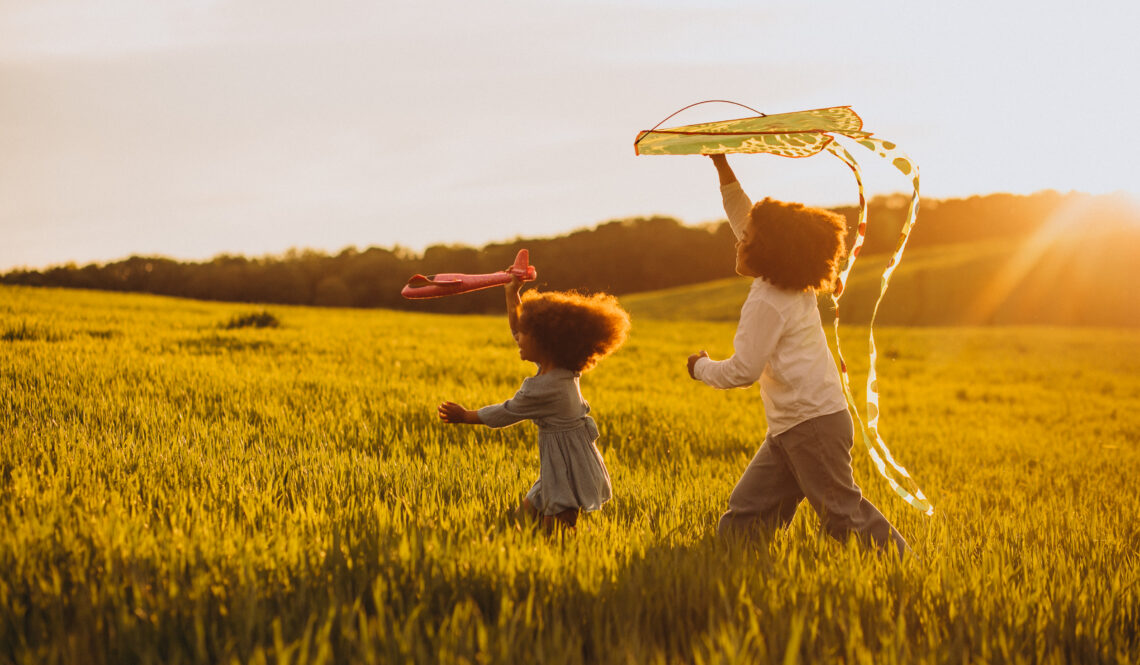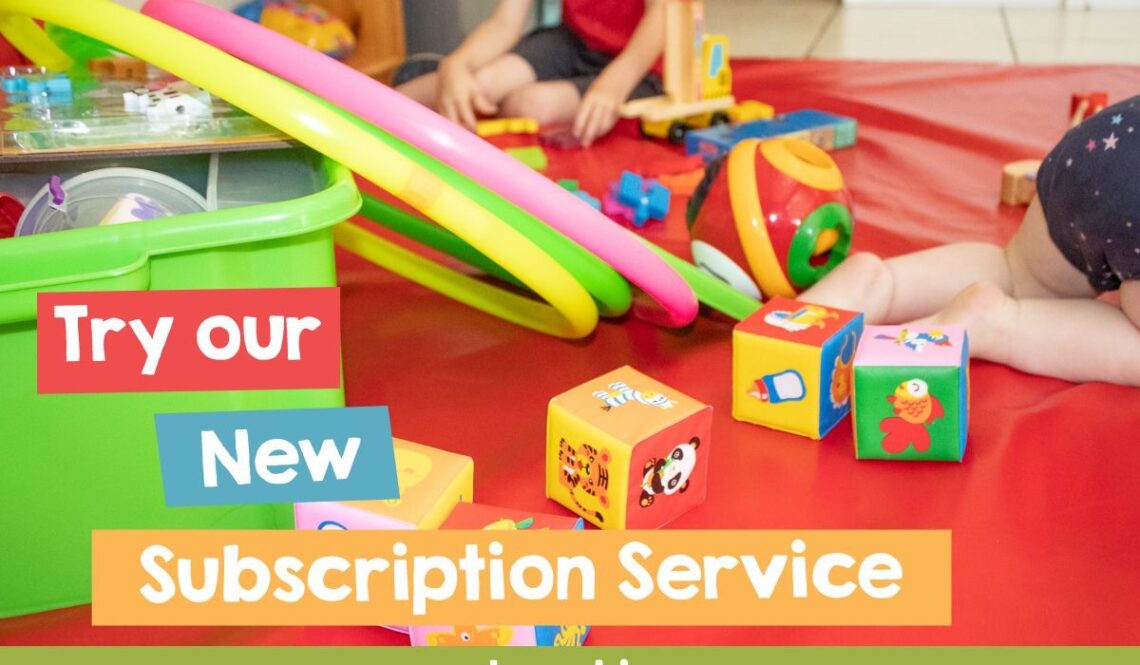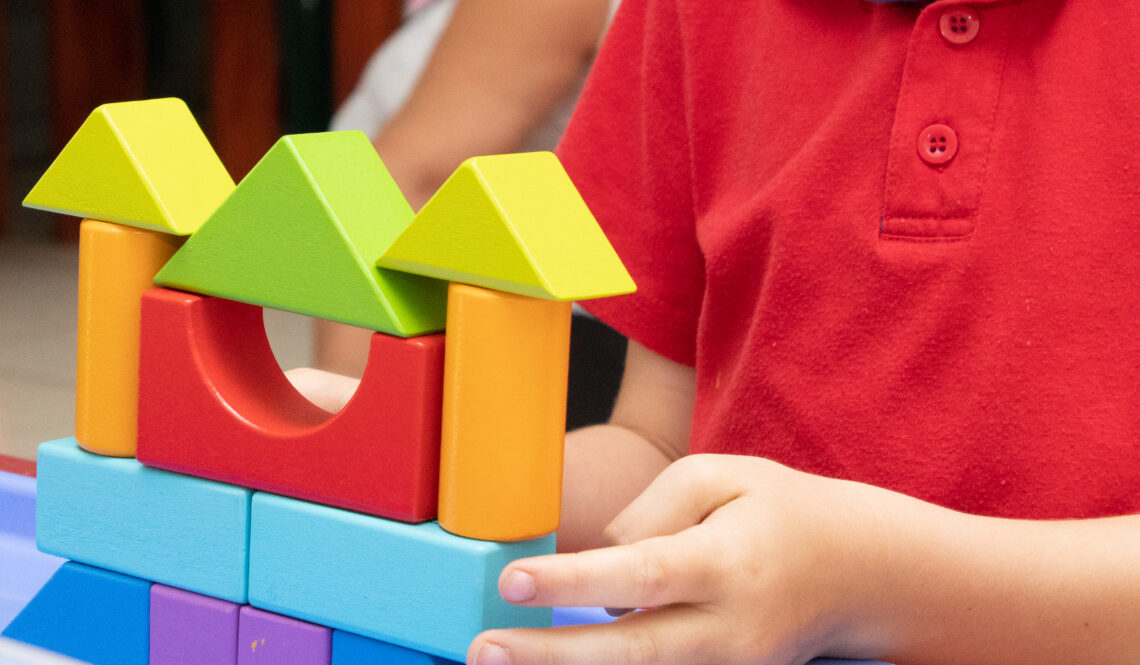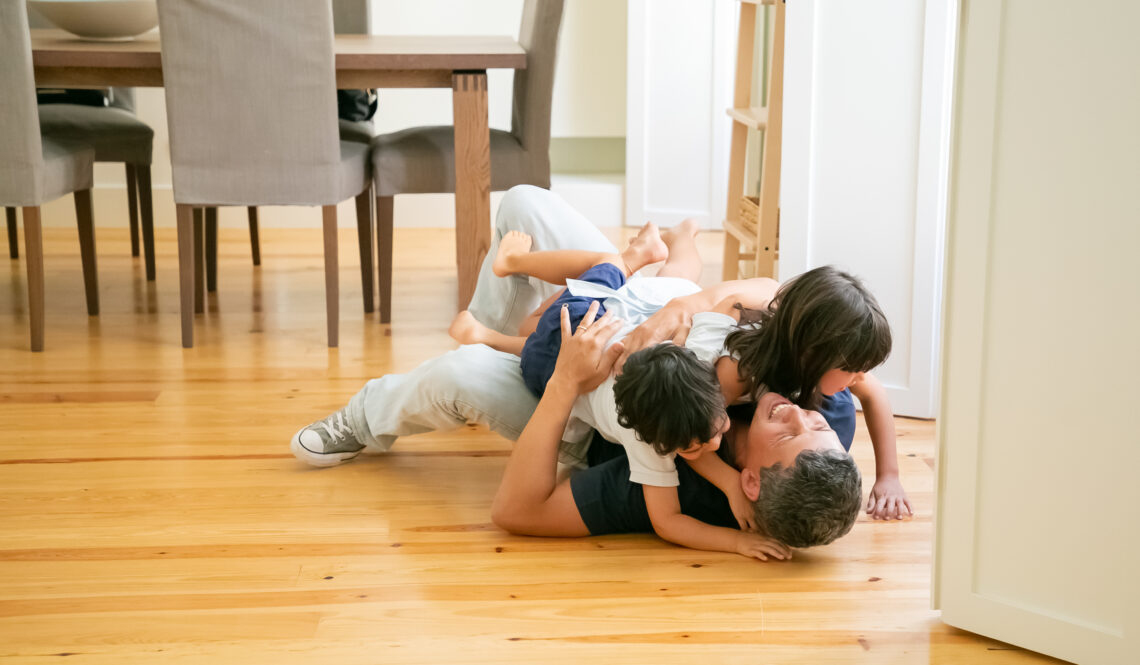GROSS MOTOR SKILLS- DEVELOPMENT FOR LEARNING AND WELL-BEING
The gross motor skills of a child are crucial for their development, learning about the world around them, and their well-being. Gross motor skills, in contrast to fine motor skills, help children to have better coordination, balance, and strength as they grow up. This blog post will discuss gross motor skills and their importance in everyday life and some ways that you can promote the healthy development of your child’s gross motor skills through physical activity and play every day.
What are Gross Motor Skills?
Gross Motor Skills are defined as the bigger movements that use large muscles in our arms, legs, torso, and feet. This includes rolling over, jumping, climbing, or sitting during playtime with friends. These skills start developing when a baby is at the newborn stage all up to adulthood where they strengthen with layers of physical literacy development.
How Do Gross Motor Skills Develop?
Children are always growing. They take weeks to perfect the art of rolling, sitting, or crawling and a whole season to learn how to catch a ball while running. Children need exposure to diverse opportunities like moving around freely on different surfaces that will help their skills develop. Gross motor skills develop through practice and repetition, therefore like any physical skill, the more practice the better.

Why are Gross Motor Skills important?
While most people think of gross motor skills as strength-based, in reality, they provide a child with much more. From building confidence to getting exercise and staying healthy, these skill sets are essential for any young athlete’s success. Other important skills include the ability to evaluate risks which is essential to physical safety. Risk assessment can help make one more aware of the consequences of decisions made, as well as be better prepared for possible outcomes.
Last but not least, another benefit is energy release which can be physical, social, and emotional. We know little ones can have all the energy in the world and that’s why sitting at a desk for too long can make them fidgety, irritable, and possibly disruptive at school. The simple act of moving stimulates human brain function.
The early years lay the foundation of brain pathways for lifelong motor skills. Growing these parts of the brain aids in learning, especially for those things that require advanced thinking and mental dexterity.
Gross motor movements are categorized as follows:
- Locomotor activity is the act of moving from one place to another. You can travel by walking, running, leaping and skipping!
- Non-locomotor activity is when you move while staying still, like pushing, pulling and turning on the spot. Other examples include bending down to touch your toes or stretching out as wide as possible with a high reach in order to catch an imaginary ball!
- Manipulative skills are moving objects in a variety of ways. Examples: throwing, kicking, striking, and catching.
Why promote gross motor development?
Gross motor activities can have a positive impact on school readiness skills among other things such as reading, writing, and sitting posture. Gross motor development also fosters imagination through storytelling and active play and encourages problem-solving skills with risks taken to feel confident navigating the world around them.
It sparks a sense of awe and wonder about nature’s beauty while fostering emotional intelligence in children that in turn can lead to better sleep habits for children. Children’s confidence and self-esteem may improve as he or she develops the ability to take part in games with other children.
Therefore promoting this development benefits the physical and mental wellbeing of a child from the classroom, to the sports field to playdates with friends on the weekend.

Factors That can harm Gross Motor Development
There are many factors that can affect the development of gross motor skills:
It is a common misconception that social media and technology today have made our kids more knowledgeable than their predecessors. While it’s true they are exposed to all kinds of information, this exposure comes at an expense- children who spend too much screen time may be missing out on opportunities to develop their physical motor skills outside by playing with friends or inside through interactive games.
Your child’s ability to control the muscles of their body is affected by low or high muscle tone. Overprotected environments can be dangerous to children’s health and the lack of physical opportunity has negative effects on children as their motor skills start deteriorating and everyday activities become more difficult as well.
How Can I as a parent improve My Child’s Skills through Activities?
Get your child’s friends outside to play in the sunshine. this socialisation can be really fun for everyone when they try out different gross motor activities like jumping rope, building obstacle courses together, or playing some relay races.
South Africa has so much to offer in terms of activities. Why not make a date with your child to visit a beautiful Cape Town park this week? Encourage them to explore all of the playgrounds around the neighbourhood. Swing on swings, climb up monkey bars and run in circles.
Play Simon says or hide and seek, stick paper on the wall and draw or paint a picture standing up promoting balance and more movement. Plus, it’s more fun incorporating these games and activities into your day.
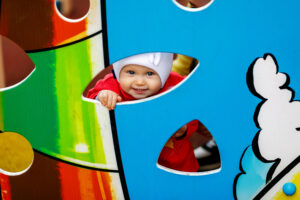
References:
https://teachingmama.org/gross-motor-skills-why-they-are-important/
https://carrotsareorange.com/gross-motor-development/
https://www.ot-mom-learning-activities.com/gross-motor-skills.html

